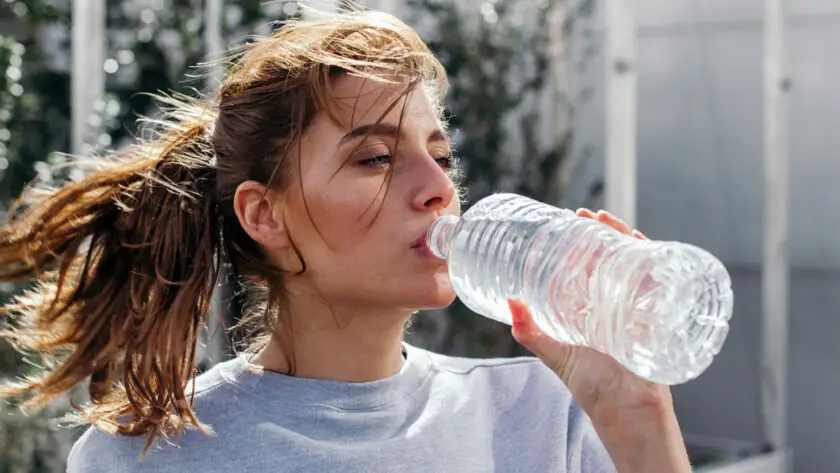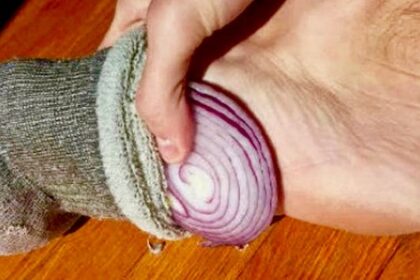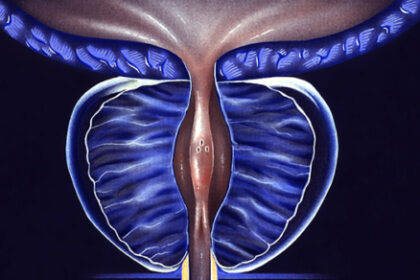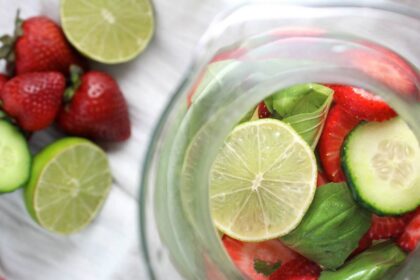Plastics are composed of various chemical compounds, and some of these chemicals have the potential to impact human health. Most of these chemicals are endocrine disrupters meaning that they negatively effect how hormones communicate with one another. This is bad because hormones play a key role in health functions of the body.
Hormones play a crucial role in the human body by serving as chemical messengers that regulate various physiological processes and maintain homeostasis. They are produced by endocrine glands and released into the bloodstream, where they travel to target cells or organs. Here are some key functions of hormones:
- Regulation of Growth and Development: Hormones, such as human growth hormone (HGH), insulin-like growth factors (IGFs), and sex hormones, are involved in growth and development from infancy through adolescence. They promote the growth of bones, muscles, and tissues, and regulate sexual maturation and reproductive functions.
- Reproduction and Sexual Development: Sex hormones, including estrogen, progesterone, and testosterone, are responsible for sexual development and reproduction. They control the development of secondary sexual characteristics, regulate the menstrual cycle in females, and play a role in sperm production and sexual function in males.
- Metabolism and Energy Balance: Hormones like insulin, glucagon, and thyroid hormones are involved in regulating metabolism and energy balance. They control the breakdown, utilization, and storage of nutrients such as glucose, fats, and proteins. Insulin helps lower blood sugar levels, while glucagon raises them. Thyroid hormones regulate the overall metabolic rate of the body.
- Stress Response: The adrenal glands release hormones, including cortisol and adrenaline (epinephrine), in response to stress. These hormones help the body respond to stressors by increasing heart rate, boosting energy levels, and improving alertness. They also regulate inflammation and immune responses.
- Mood and Emotions: Hormones, such as serotonin, dopamine, and oxytocin, influence mood, emotions, and behavior. Imbalances in these hormones have been associated with mood disorders, such as depression and anxiety.
- Homeostasis and Regulation of Body Functions: Hormones help maintain stable internal conditions in the body, known as homeostasis. For example, the hormone aldosterone regulates fluid and electrolyte balance, while parathyroid hormone (PTH) and calcitonin control calcium levels in the blood.
Now you see why hormonal regulation is so important. Plastic is a key disruptor of these processes.
Here are some examples of chemicals commonly found in plastics and their associated health concerns:
- Bisphenol A (BPA): Found in polycarbonate plastics and epoxy resins, BPA is known as an endocrine disruptor, meaning it can interfere with the body’s hormonal balance. It has been linked to reproductive system disorders, developmental issues, and other health problems.
- Phthalates: These are plasticizers used to make plastics more flexible and resilient. Phthalates can leach out of products and are associated with endocrine disruption, reproductive abnormalities, and potential effects on the liver, kidneys, and lungs.
- Polyvinyl Chloride (PVC): PVC is a widely used plastic known for its durability. However, it contains additives such as phthalates, lead, and cadmium, which can pose health risks. Inhalation of PVC fumes or ingestion of products containing PVC may lead to respiratory problems, developmental issues, and organ damage.
- Polystyrene: Styrene, a key component of polystyrene, is a potential carcinogen. It can leach into food and beverages, especially when heated, and has been associated with reproductive and developmental toxicity, as well as respiratory effects.
- Polybrominated Diphenyl Ethers (PBDEs): PBDEs are flame retardants used in various plastic products, including electronics and furniture. They are persistent organic pollutants that can accumulate in the environment and human bodies. Exposure to PBDEs has been linked to thyroid disruption, neurodevelopmental issues, and potential cancer risks.
It’s important to note that the specific health effects may vary depending on the level and duration of exposure, as well as individual susceptibility. Regulatory agencies in many countries have implemented measures to restrict or ban the use of certain plastic additives to minimize potential risks to human health.
Before we get into the ‘plastic detox’ here are several key things that you can do to reduce and diminish the use of plastic in your life moving forward:
- Choose Safer Alternatives: Whenever possible, opt for products made from safer materials such as glass, stainless steel, or ceramic instead of plastic. These alternatives are generally considered more inert and less likely to leach harmful chemicals.
- Avoid Heating Plastic: Heating plastic can accelerate the leaching of chemicals into food or beverages. Avoid microwaving food in plastic containers, using plastic wrap in the microwave, or placing hot liquids in plastic bottles. Instead, use microwave-safe glass or ceramic containers for heating food.
- Use BPA-Free Products: Bisphenol A (BPA) is a chemical commonly found in certain plastics. Look for products labeled as “BPA-free” to minimize exposure to this compound. However, it’s important to note that BPA-free plastics may still contain other potentially harmful chemicals.
- Reduce Single-Use Plastic: Single-use plastics, such as plastic bags, straws, and water bottles, contribute to environmental pollution and potential exposure to harmful chemicals. Opt for reusable alternatives made from safer materials whenever possible.
- Properly Store and Dispose of Plastic: Avoid storing acidic or fatty foods in plastic containers, as these substances can promote chemical leaching. Additionally, recycle plastic products appropriately to reduce environmental pollution and potential exposure.
- Be Informed: Stay updated on research and recommendations regarding plastic and its potential health risks. Be aware of specific concerns associated with different types of plastic and the chemicals they may contain.
This is a good start at reducing the amount of plastic use in your life and the downstream effects of harmful plastic moving forward. With that, here are several key ways to remove harmful plastic and plastic (petroleum derived residue) from your body..
3 Best Herbs & Foods For Plastic Detox
- Ashwagandha: Ashwagandha, a powerful adaptogenic herb in Ayurvedic medicine, has been recognized for its potential benefits in supporting liver health and aiding in the detoxification of toxins. The herb possesses hepatoprotective properties, meaning it helps protect the liver from damage caused by toxins and oxidative stress. Ashwagandha has been found to promote the production of glutathione, a potent antioxidant that plays a crucial role in detoxification processes within the liver. By enhancing glutathione levels, ashwagandha assists in the neutralization and elimination of harmful substances from the body. Additionally, this herb exhibits anti-inflammatory properties, which can help reduce liver inflammation and support its overall function.
Ashwagandha’s liver-supportive and detoxifying effects contribute to its potential role in promoting optimal liver health and aiding in the elimination of toxins from the body. Liver support and glutathione are crucial in helping to remove excess plastics from the body. Radiate Immunity at RadiateImmunity.com contains ashwagandha along with many other liver protective and detoxifying herbs. Or, you can get pure ashwagandha powder from OmicaOrganics.com by clicking here. Be sure to use the discount code: VFDF7M for 10% off your order! This same company, OmicaOrganics.com also has shilajit which is really great for kidney support. The Liver and Kidneys strongly support the drainage pathways of the body. By using shilajit and ashwagandha together you’ll have a tremendously better chance and stronger drainage pathway to remove these harmful plastic chemicals from your body. I recommend using both shilajit and ashwagandha to your cart and getting them. You’ll have much higher levels of energy in the morning and sleep deeper at night too! These are two staples in my supplement routine.
- Cruciferous Vegetables: Cruciferous vegetables, such as broccoli, cauliflower, kale, and Brussels sprouts, along with sulfur-rich vegetables like garlic and onions, offer valuable support for liver health and the removal of toxins, including certain plastic compounds. These vegetables contain compounds called glucosinolates, which are broken down into bioactive substances, including sulforaphane and indole-3-carbinol. These compounds have been found to enhance the liver’s detoxification pathways, aiding in the elimination of harmful substances. Additionally, cruciferous vegetables stimulate the production of enzymes involved in detoxification, promoting the breakdown and removal of toxins from the body. While they may not directly remove plastic from the body, these vegetables can support overall liver function, which plays a vital role in processing and eliminating various toxins, including some chemicals derived from plastics.
- Infrared Heat: Supporting the environment of the body to heat up stimulates circulation and helps to move the Kidneys and Liver which are the two drainage organs that these plastic chemicals remove the body from. It is important to stay hydrated when doing any heat based therapy. I recommend a red light therapy device from Mito (which is where I got mine) use the discount code: healthywildfree for 5% off your purchase, or to sit in a sauna and get a good sweat out. The sun on a hot summer day is also helpful. Click here to visit Mito Red Light and make sure to use the discount code healthywildfree at checkout!
And there you have it. You’ll want to support your kidney and liver health to support the drainage pathways of the body. You’ll want to eat plenty of cruciferous rich vegetables, and lastly, you’ll want to expose yourself to infrared heat form a sauna, red light or getting plenty of sunshine. Make sure to drink plenty of water when you sweat to stay hydrated and continue flushing the liver and kidneys!
Recommended Reading:





